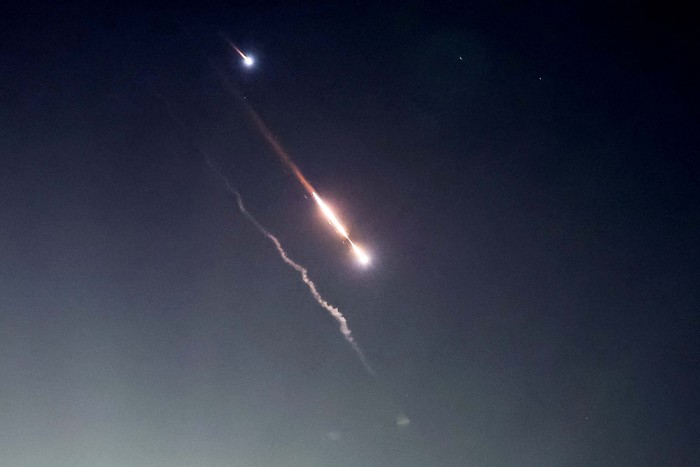Expert Warns of Worst Case Scenario Between Iran and Israel
opensourcesupportdesk, Jakarta – In a world where tensions simmer and conflicts loom, few rivalries are as volatile as that between Iran and Israel. The ongoing power struggle, fueled by historical…






